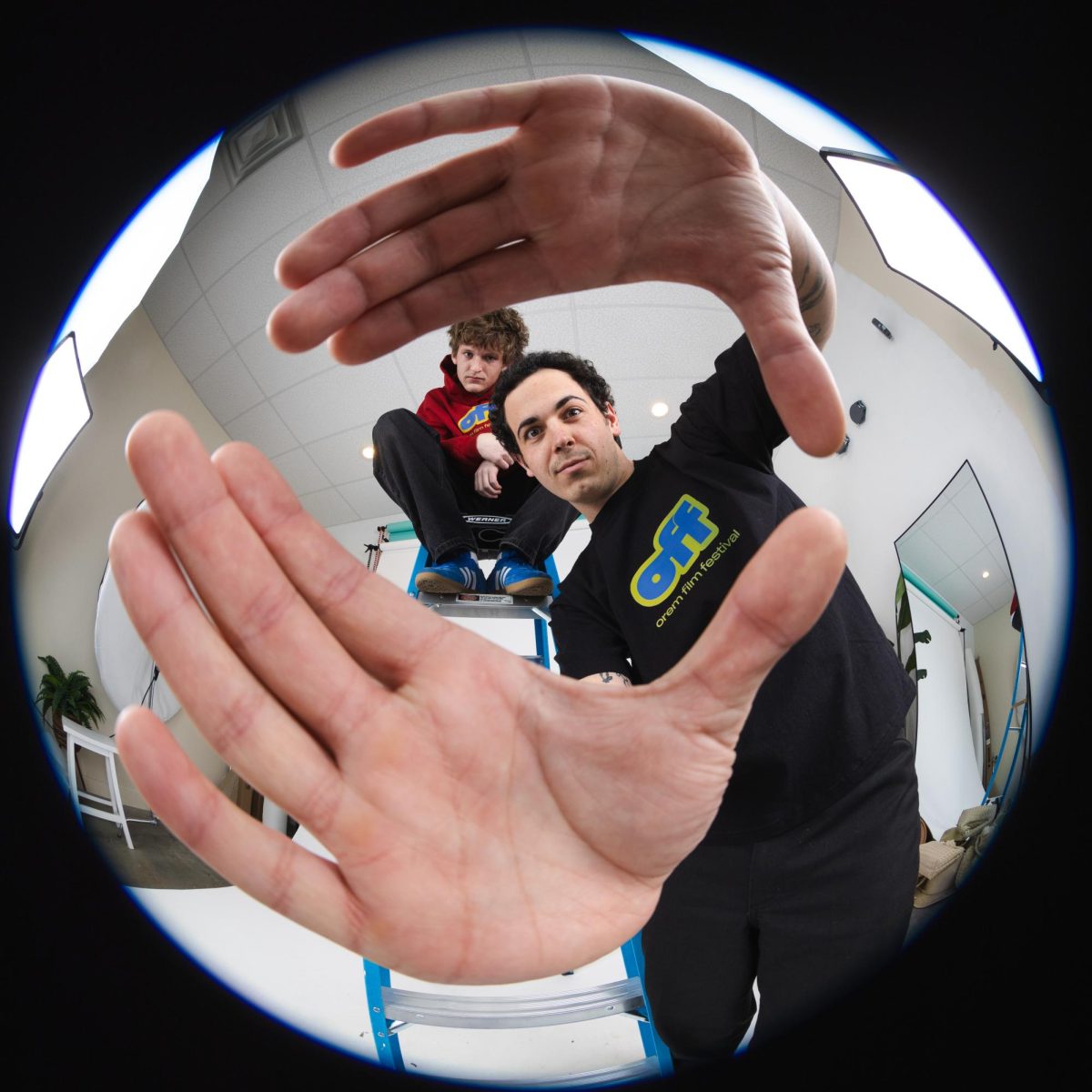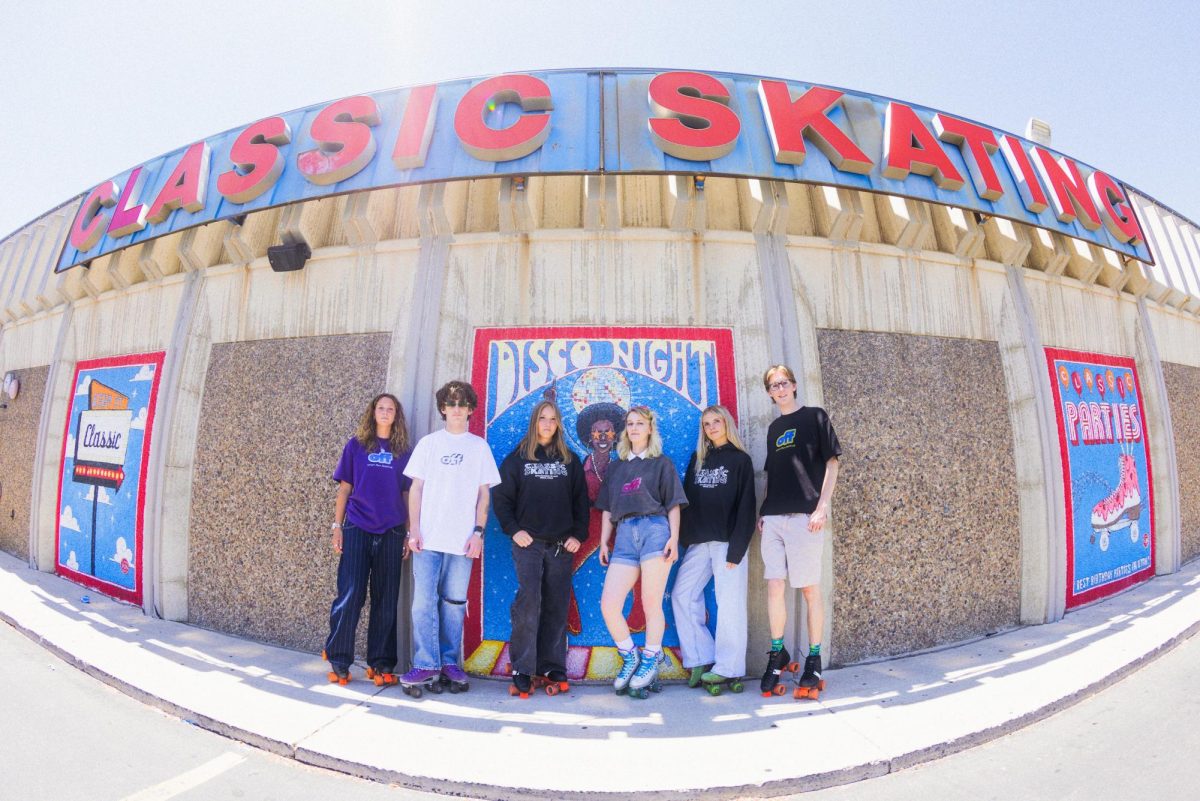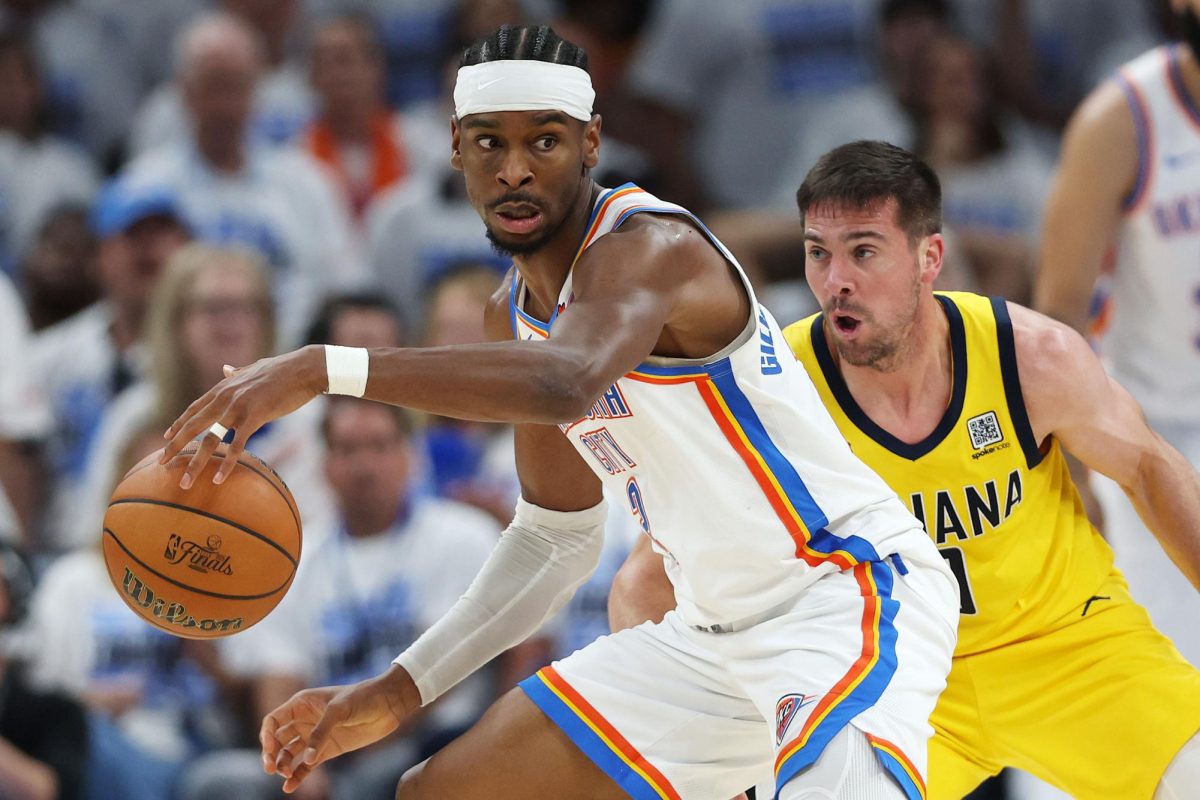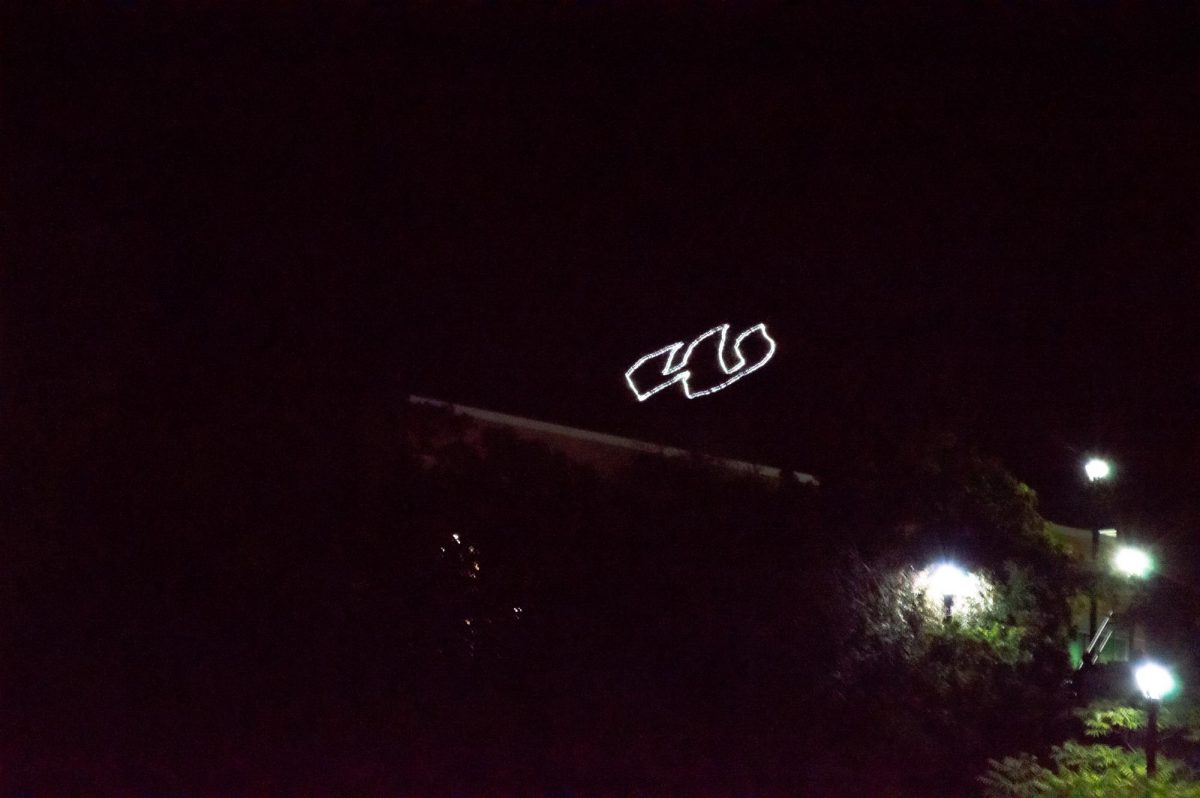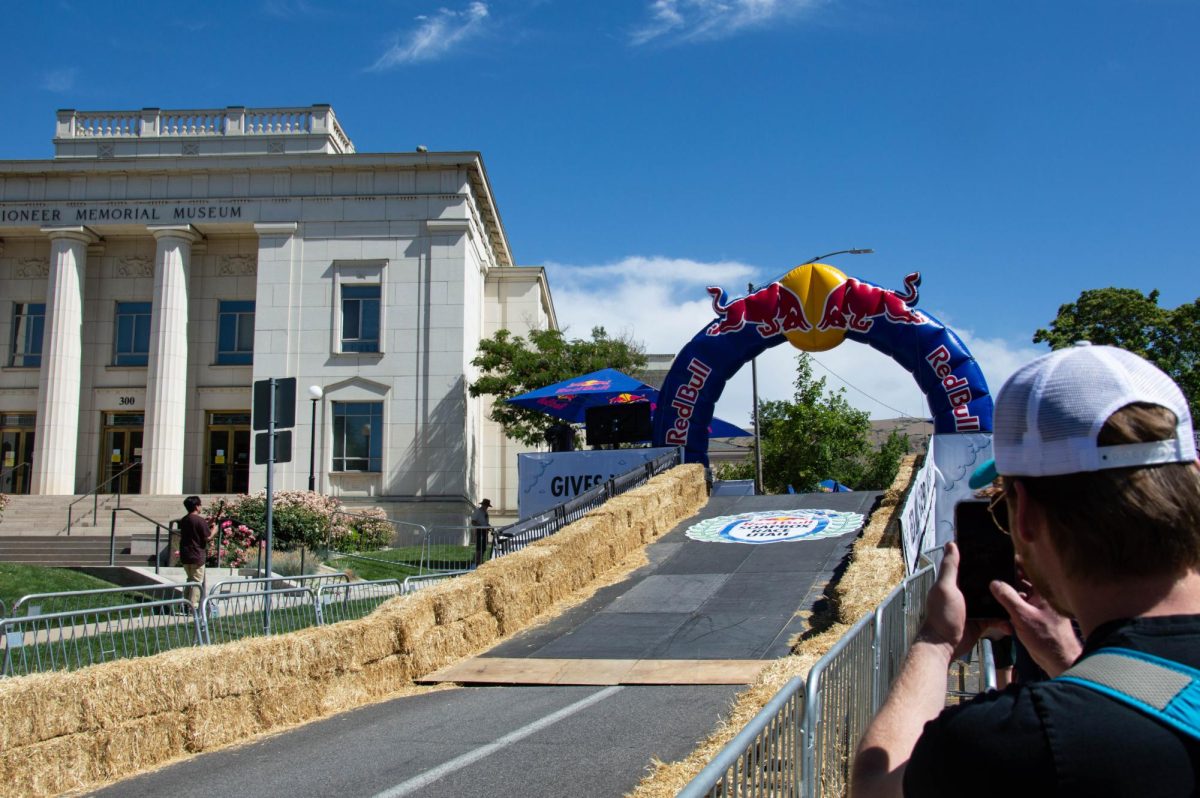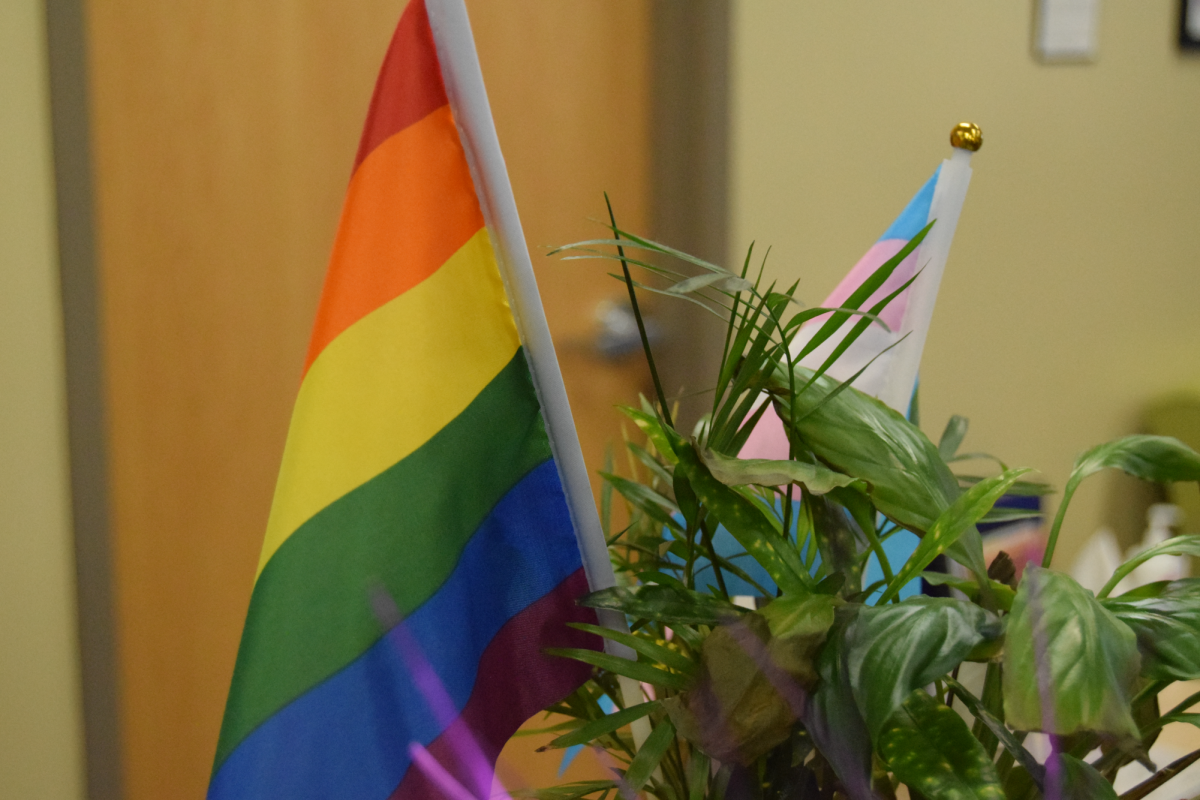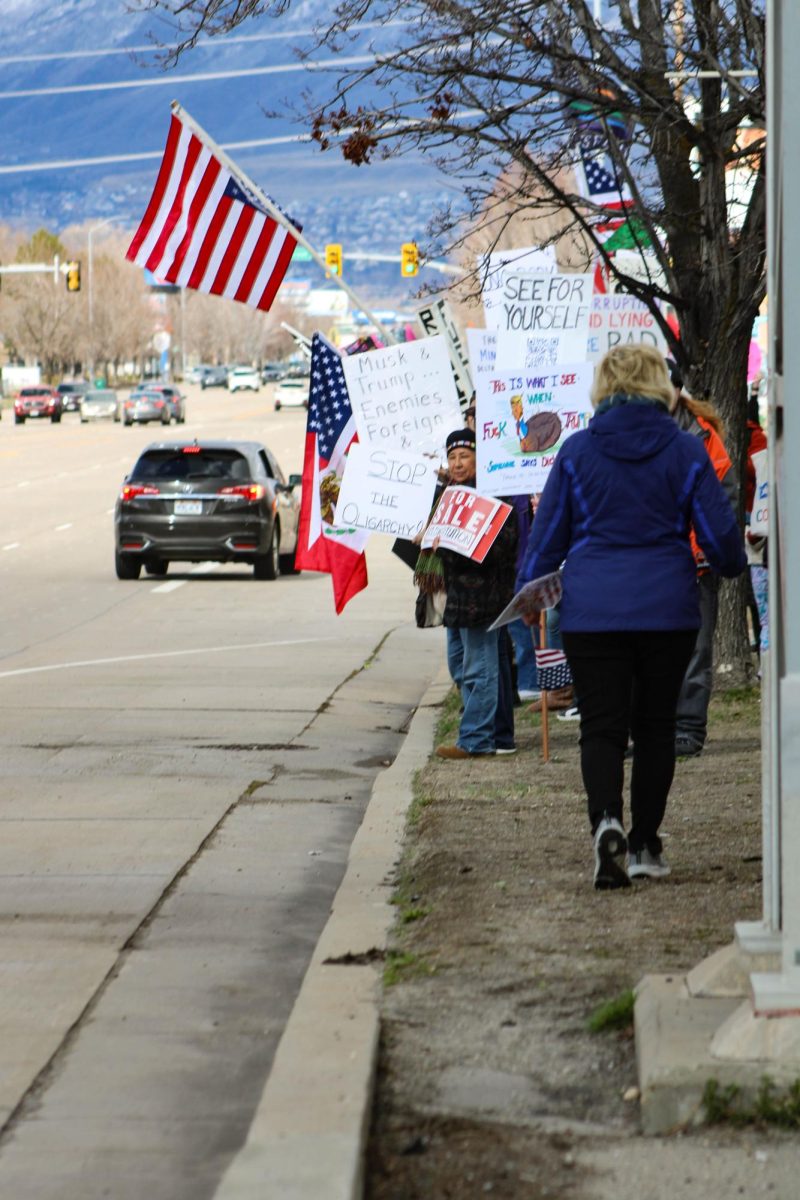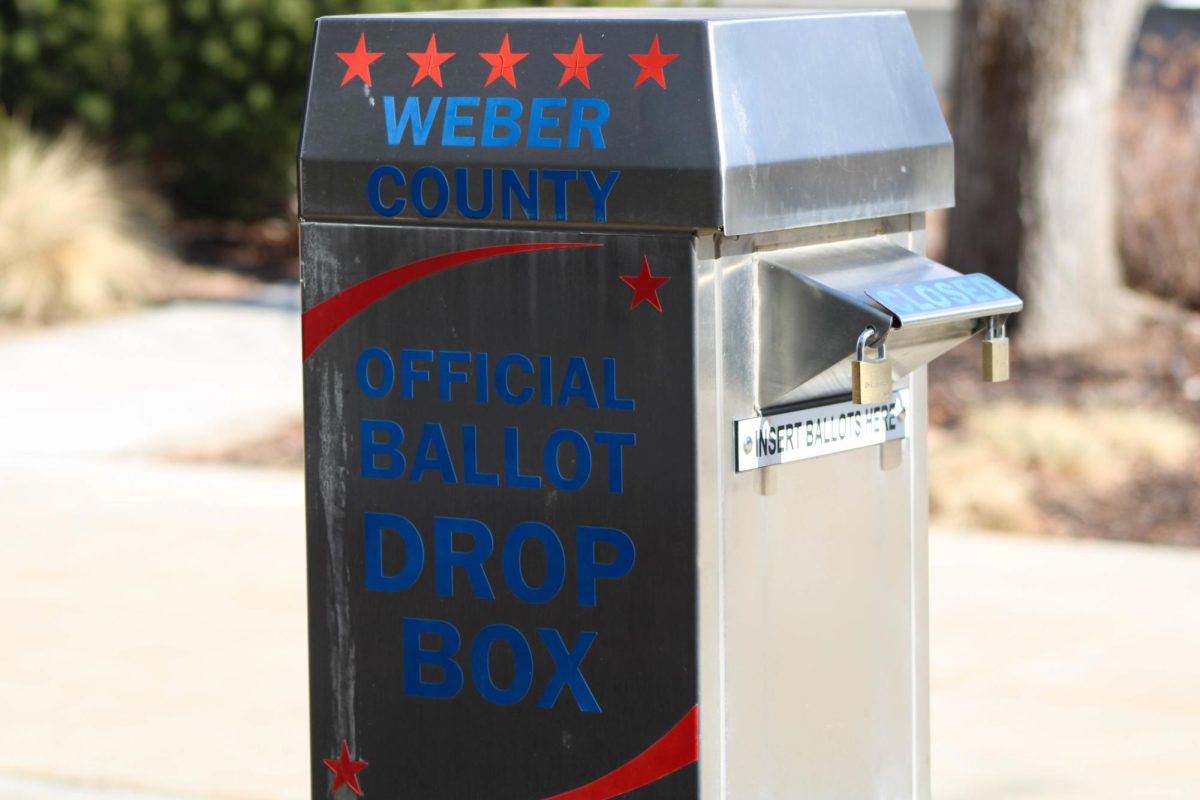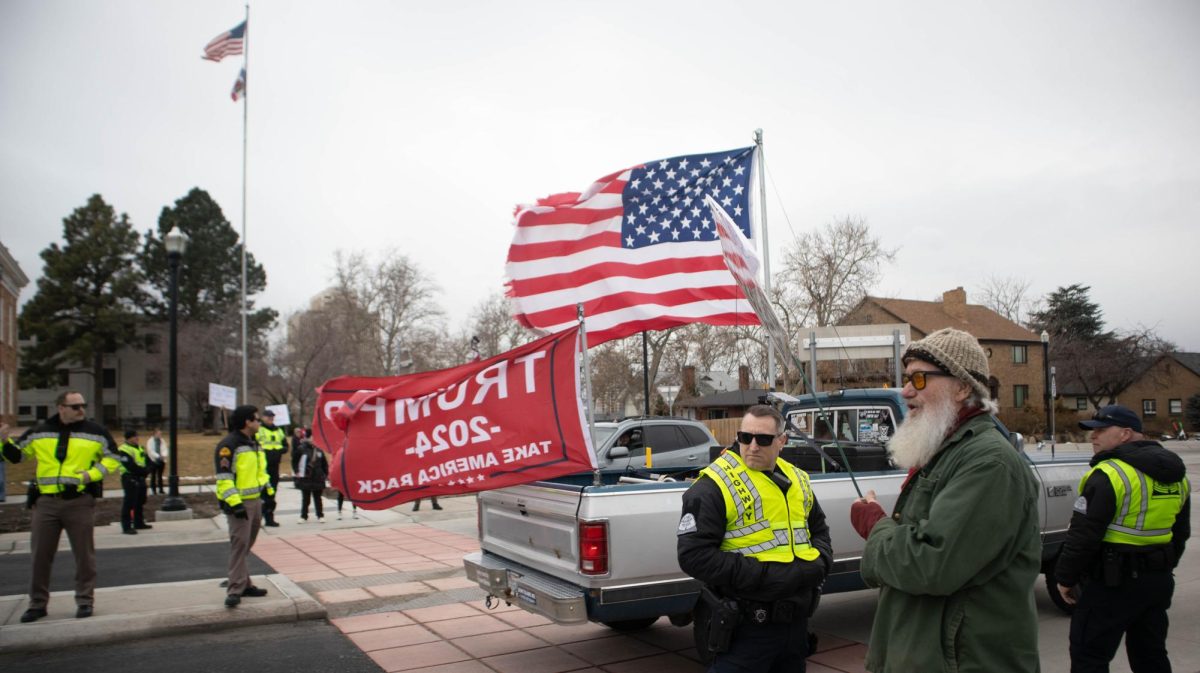In a live poll asking why millennials don’t get involved with politics, a majority concluded that it is because the fighting between parties annoyed them. This poll, as well as many others, were the main points of discussion in a political panel held in the Shepherd Union Building on Thursday.

Hosted by Weber State’s Walker Institute, the Haven J. Barlow Fall Civic Leadership Forum focused on one thing: millennials.
“Millennials are much more willing to volunteer than any other group, just not politically,” said Utah Lieutenant Governor Spencer Cox. “They are civically minded but not politically engaged.”
Mallory Bateman and Christopher Collard, both research analysts for the Utah Foundation, an organization that seeks to inform voters and increase turnout, shared statistics from a recent study they conducted on millennials. Millennials, the age group from 18 to 34 years old as they defined it, makes up the largest portion of Utah’s population.
Although not nearly as diverse as the rest of the United States, Utah millennials tend to be more likely to be married, more religious, more patriotic, less environmental, show less support for gay rights and be less involved in the political process, according to their study. In the 2012 presidential election, only 30 percent of millennials in the state of Utah voted.
A panel featuring Cox, Utah State Senator Luz Escamilla, former WSU Student Body President Andrew Gardiner, Clinton City Councilor Karen Peterson and CBRE Senior Analyst Darin Mellott addressed their concern with the lack of participation of millennials in the political process.
Gardiner, the E-commerce operations manager at Fannz, talked about his initial feelings of intimidation when it came to politics.
“As a millennial myself, politics can be incredibly intimidating,” he said. “For me, I felt like I had to know everything to even be involved. I learned, however, that at times you just need to jump in.”
More live polls held during the forum revealed that while millennials viewed the government as a vehicle that acted for change, many were turned away by the partisan-based contention that is occurring. Peterson shared how she had the same feelings and overcame them.

“I wanted to participate in a caucus, but I had to be a member of one of the two parties, and I didn’t want to do that,” Peterson said. “I learned that checking a box doesn’t define who you are, but it gives you an outlet to voice yourself. If you want to be at the table, you have to show up.”
Escamilla added that millennials are key to the political process because of how outspoken they can be.
“Millennials are very opinionated,” she said. “That makes them essential to this process.”
All five panel members complimented the enthusiasm that millennials had in regard to topics about which they are passionate and asked them to extend that enthusiasm into the political process.
“When I was chosen to be the lieutenant governor, I didn’t want to do any of that,” Cox said. “But we need to make sacrifices to make a difference, and that’s what I wanted.”


